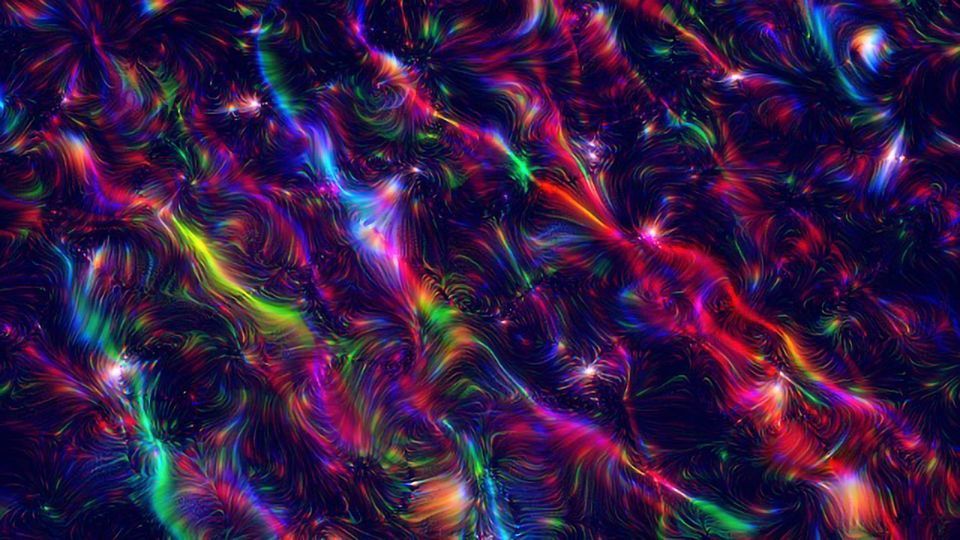World-First Clinical Trial Explores Safety and Efficacy of DMT for Major Depression

Complete the form below to unlock access to ALL audio articles.
The world’s first clinical trial testing the efficacy of the psychedelic compound N,N-dimethyltryptamine (DMT) has won approval from the UK Medicines and Healthcare products Regulatory Agency (MHRA).
The trial is a Phase I/IIa trial, meaning that it will test the safety of DMT and the efficacy of its treatment in a small number of patients. The trial is targeting major depressive disorder (MDD), a mental health condition that affects more than 16 million people in the US alone.
The trial has been announced by neuropharmaceutical Small Pharma, working in collaboration with the Centre for Psychedelic Research at Imperial College London.
The trial will pair DMT with counselling psychotherapy. This pair of psychedelia and therapy has been developed over decades of work at research centers such as Johns Hopkins University, but the Small Pharma trial will be the first clinical test of DMT, most noted for its role as the active psychedelic ingredient in the psychoactive brew ayahuasca.
What is DMT?
Commenting on the results in a press release, Carol Routledge, chief medical and scientific officer at Small Pharma, said, “This is a truly ground-breaking moment in the race to effectively and safely treat depression, as more and more people suffer as a result of the pandemic.”
Speaking earlier to Technology Networks, Routledge explained why the company focused on DMT as opposed to other psychedelic compounds such as psilocybin, the active component of magic mushrooms: “DMT has distinct advantages in that the psychedelic experience is short in comparison to that induced by other psychedelics but based on the intensity of the experience, and on the psychotherapy provided with DMT, the therapeutic benefit is likely to be significant.”
Routledge emphasized that patients on the trial would not experience the same trip as that experienced by those partaking in an ayahuasca ceremony, where rare cases have resulted in mishap or ever death. “The downside of ayahuasca is that it contains a bit of a cocktail of active components and so has a much poorer safety profile and is a significantly longer psychedelic experience compared to DMT,” said Routledge.
In a press release, Peter Rands, CEO of Small Pharma said, “DMT delivers a psychedelic experience in 20 mins and has unique properties that lend itself to clinical use. By adopting responsible evidence-based research and development into psychedelic medicine, we hope to help rebrand these once stigmatized compounds as highly effective medical therapies, which can be integrated into current healthcare systems and made accessible to the millions of people suffering from depression.”


